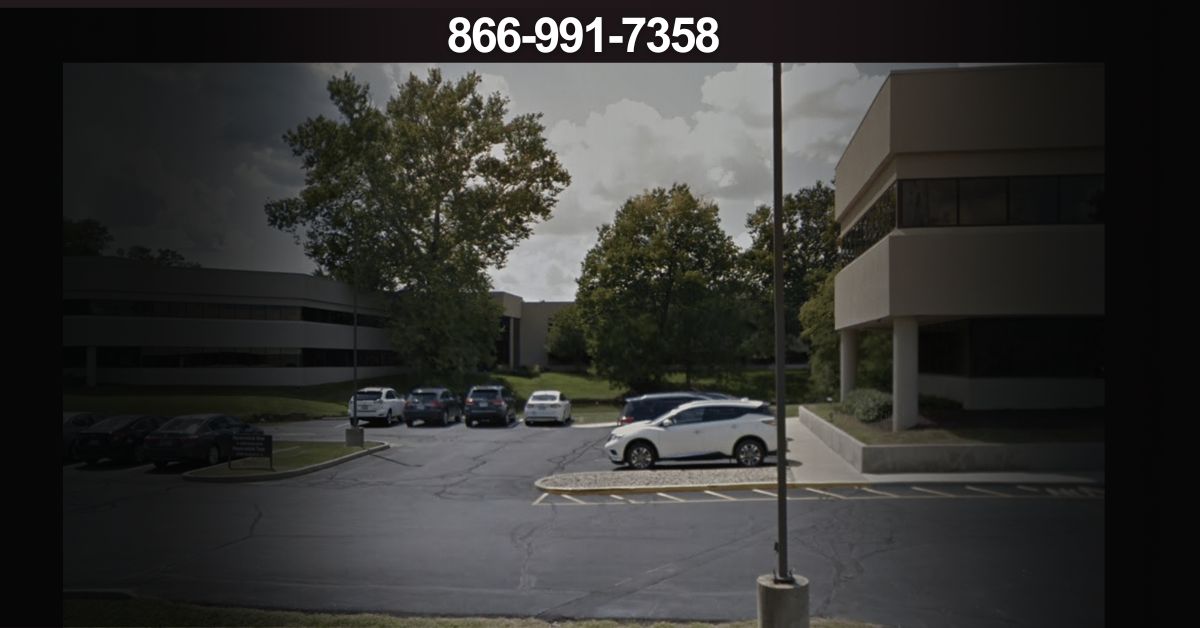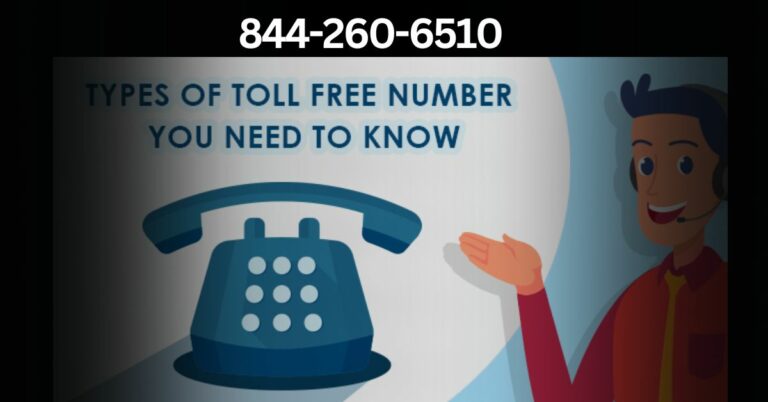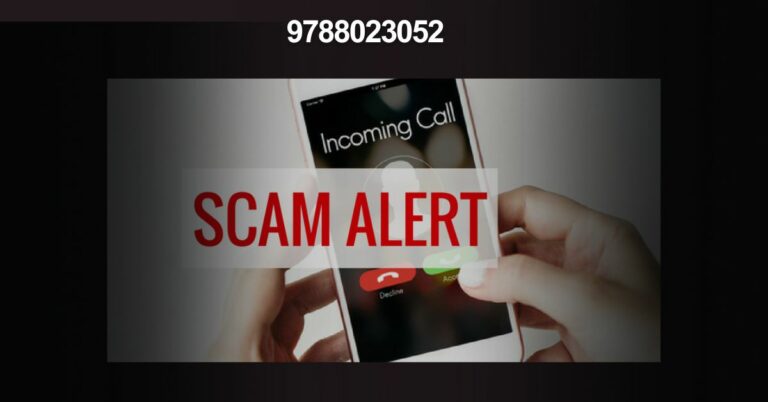866-991-7358 – Your Guide to Handling Robocalls!
866-991-7358 called me often, saying they were from a big company. I wasn’t sure, but I got curious and almost fell for it. Luckily, I stayed smart and didn’t give them any information.
866-991-7358 is linked to the Gulf Coast Collection Bureau a debt collection agency in Sarasota, Florida. Exercise caution when receiving calls from this number to avoid potential scams. Verify the caller’s identity before sharing any personal or financial information.
we talk about the dangers of receiving calls from 866-991-7358 and how to protect yourself from potential scams. Stay informed and vigilant to safeguard your personal information.
Contents
- What Is 866-991-7358? – Let’s Discover!
- What is the GCCB Robocall Scam Involving 866-991-7358?- Beware of Fraudulent Calls!
- Risks And Dangers Of Responding To GCCB Robocalls – Stay Safe, Take Action!
- How To Deal With Robocalls – Take Control And Protect Yourself!
- Legal Actions Against GCCB Robocallers – Take A Stand Against Robocall Scams!
- Frequently Asked Questions:
- Conclusion:
- Also Read:
What Is 866-991-7358? – Let’s Discover!
866-991-7358 is a phone number used by scammers to make robocalls. the Gulf Coast Collection Bureau (GCCB) for robocalls are automated calls that trick people into giving away their personal or financial information. The scammers might pretend to be from a company or organization, but they’re trying to steal from you.
If you get a call from 866-991-7358, it’s essential to be careful. Don’t give out personal information like your bank details or social security number, even if the caller sounds convincing. You can also block the number on your phone to stop them from calling you again. Remember, it is always better to be safe than sorry when dealing with unknown callers.
Also Read: Dana Speaks At Http://Www.Coloradofreemasons.Org/
What is the GCCB Robocall Scam Involving 866-991-7358?- Beware of Fraudulent Calls!
The GCCB Robocall Scam involves fraudulent calls from scammers claiming to be from a GCCB organization. These scammers use automated systems to dial phone numbers and play recorded messages, trying to trick people into giving away their personal or financial information. They may use various tactics to make the calls seem urgent or legitimate, but their ultimate goal is to steal from unsuspecting individuals.
If you receive a robocall from GCCB or any other unfamiliar number, staying cautious is crucial. Remember that legitimate organizations typically don’t ask for sensitive information over the phone. If you’re unsure about a call, hang up and do some research to verify its authenticity. You can also report suspicious calls to authorities to help prevent others from falling victim to similar scams.
Do You Know? Myclubassist – Explore The Details!
Risks And Dangers Of Responding To GCCB Robocalls – Stay Safe, Take Action!
Identity Theft:
Providing personal information in response to GCCB robocalls can lead to identity theft, where scammers use stolen information for malicious purposes, including opening fraudulent accounts or conducting unauthorized transactions.
Financial Scams:
GCCB robocalls often employ tactics to deceive individuals into providing financial information, leading to unauthorized charges, drained bank accounts, or other financial losses.
Malware and Phishing Attempts:
Some GCCB robocalls may prompt individuals to visit malicious websites or download files, leading to the installation of malware or falling victim to phishing attempts, compromising the security of their devices and personal information.
Harassment and Intimidation:
In some cases, GCCB robocalls may use harassment or intimidation tactics to pressure individuals into providing information or making payments, causing emotional distress and invasion of privacy.
Legal Consequences:
Responding to GCCB robocalls may inadvertently involve individuals in illegal activities, leading to investigations or legal actions against them, especially if they unknowingly provide false information or engage in fraudulent schemes.
Wasted Time and Energy:
Dealing with GCCB robocalls can be time-consuming and emotionally draining, disrupting individuals’ daily activities and causing frustration.
Loss of Trust:
Falling victim to GCCB robocall scams can erode trust in legitimate communication channels and institutions, making individuals more skeptical and less likely to engage in genuine interactions.
Financial Losses:
Ultimately, the risks associated with responding to GCCB robocalls can result in significant financial losses for individuals who fall victim to scams or fraudulent schemes perpetrated by scammers.
Recent Post: R_installsprite: Sprite Cpos Frame A Is Missing Rotations – Resolve The Issue!
How To Deal With Robocalls – Take Control And Protect Yourself!
- Use caller ID to screen and avoid unknown or suspicious numbers.
- Hang up immediately upon recognizing a robocall and refrain from engaging.
- Utilize smartphone features to block repeated robocalls.
- Sign up to reduce telemarketing and robocall frequency.
- Report robocalls to the FTC and FCC for enforcement actions.
- Consider using robocall-blocking apps for automated identification and prevention.
- Refrain from sharing personal information over the phone, especially with unsolicited callers.
- Check with your phone carrier for call filtering services to block suspected robocalls.
Legal Actions Against GCCB Robocallers – Take A Stand Against Robocall Scams!
FCC Regulations:
The Federal Communications Commission (FCC) enforces regulations to curb illegal robocalls. These regulations include rules prohibiting auto-dialers from calling cell phones without consent and requiring telemarketers to obtain prior express written consent before making robocalls.
TCPA Enforcement:
The Telephone Consumer Protection Act (TCPA) restricts telemarketing calls, including robocalls, and provides consumers with legal remedies for violations. Individuals can file lawsuits against robocalls for TCPA violations, seeking damages for each illegal call received.
Filing Complaints:
Consumers can file complaints with the FCC and the Federal Trade Commission (FTC) regarding unwanted and illegal robocalls. These agencies use consumer complaints to identify patterns of illegal activity and take enforcement actions against violators.
Class Action Lawsuits:
Victims of robocall scams and TCPA violations may join lawsuits against robocallers. Class action lawsuits allow multiple individuals to pursue legal action collectively, increasing the likelihood of holding robocallers accountable and obtaining compensation for damages.
Civil Penalties:
The FCC can impose civil penalties against robocallers for TCPA violations, including fines of up to $16,000 per violation. Repeat offenders or those engaged in egregious conduct may face higher penalties or enforcement actions such as license revocation.
State Laws:
Many states have enacted their laws and regulations targeting robocalls and telemarketing practices. State attorneys general and consumer protection agencies may pursue legal actions against robocallers under state laws, complementing federal enforcement efforts.
Call Authentication Requirements:
The FCC has mandated the implementation of call authentication technology, such as STIR/SHAKEN, to verify the legitimacy of caller IDs and combat caller ID spoofing used by robocalls. Compliance with these requirements helps identify and trace illegal robocalls, aiding enforcement efforts.
International Cooperation:
Robocallers operating internationally pose challenges for enforcement efforts, but international cooperation and coordination among regulatory authorities can help address cross-border robocall scams and hold perpetrators accountable.
Have You Explored? Everything About: http://peliplushd.ph/
Frequently Asked Questions:
1. Are all robocalls illegal?
No, not all robocalls are illegal. Some are made for informational or emergency purposes, while others are conducted by legitimate businesses for marketing or customer service outreach. However, many illegal robocalls violate consumer protection laws and regulations.
2. What should I do if a robocall has scammed me?
If you believe a robocall has scammed you, report the incident to the Federal Trade Commission (FTC) and the Federal Communications Commission (FCC) as soon as possible. You should also contact your bank or financial institution to report unauthorized charges or suspicious activity.
3. How can I protect myself from robocall scams?
To protect yourself from robocall scams, be skeptical of unsolicited calls, never provide personal or financial information over the phone, and educate yourself about common scam tactics and warning signs. Additionally, consider using call-blocking technology and staying informed about the latest scam trends.
Conclusion:
Be cautious of calls from 866-991-7358, associated with the Gulf Coast Collection Bureau in Sarasota, Florida. Avoid potential scams by verifying the caller’s identity before sharing personal or financial details. Stay safe!
Also Read:
- Estes4me App – Seamless Employee Connectivity!
- Tecnomi.Uk/X-To-Close-Circles/ – Transform Your Communication Now!
- Space Coast Pets Craigslist – Find Your Perfect Pet Today!
- 9788023052 – Protect Yourself From Scams!
and vigilant.







